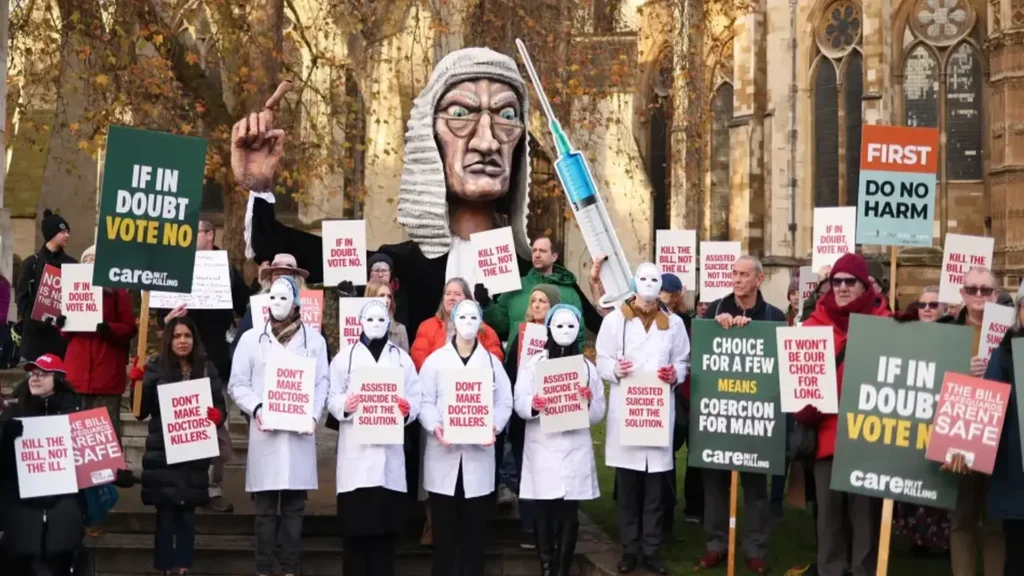Changes to the Assisted Dying Bill
As you may be aware, recent developments have complicated the Assisted Dying Bill. If approved, the bill would allow terminally ill adults with a life expectancy of six months or less to seek assistance in ending their lives. This article breaks down the timeline of events and explores the legal implications.
The bill passed its second reading in the House of Commons on 29 November 2024, with 330 MPs in favour and 275 against. Sarah Wootton, Chief Executive of Dignity in Dying, called it a “historic opportunity for MPs to listen to the public mood and bring about real change for dying people and their families”—the first such opportunity since 2015.
Following the second reading, committee hearings began on 21 January 2025 and are expected to conclude by 25 April 2025, ahead of the report stage. Over 50 amendments have been proposed, including stricter safeguards (e.g., enhanced judicial oversight) and delays to implementation (now potentially pushed to 2029).
One of the most controversial changes is the proposal to replace High Court oversight with a three-person expert panel, consisting of:
- A legal chair (e.g., a senior lawyer),
- A psychiatrist, and
- A social worker
Ms Leadbeater, the Labour MP behind the Terminally Ill Adults (End of Life) Bill, argued that these experts would assess mental capacity and coercion risks. However, this change has reportedly led 81 MPs to withdraw support, citing the removal of High Court oversight as a key reason for their initial backing.
Assessing the Changes
Supporters argue the new panel system would:
Critics, including retired judges, counter that:
The success of this model hinges on rigorous training and transparency, both of which remain underdeveloped.
Implementation Delays
The implementation period has doubled to four years, citing the need to establish training and oversight systems. While this could ensure proper preparation, concerns include:
Without confirmed funding, questions remain over whether the delay is justified. The government must clarify funding and accountability to prevent further stalling.
Stricter Eligibility and Safeguards
Eligibility is now confined to adults with six months or less to live, excluding chronic conditions like MND or advanced dementia. New safeguards include:
- Mandatory coercion training for doctors,
- Independent advocates for vulnerable applicants,
- Harsher penalties (up to life imprisonment for coercion).
While these changes address some concerns, issues remain:
The House of Lords’ scrutiny will be pivotal in addressing these concerns.
A Landmark Reform with Unresolved Risks
The revised bill represents a cautious yet contested balance between autonomy and protection. With 70% public support but opposition from disability advocates (e.g., Baroness Grey-Thompson) and key Labour figures (e.g., Wes Streeting), the debate remains delicate.
Critical gaps include:
- Panel system – Needs transparent oversight to prevent rubber-stamping.
- Timeline – Requires clear funding to avoid indefinite delays.
- Eligibility – Should be reviewed periodically to include marginalised conditions.
If passed, this bill will set a global precedent for assisted dying legislation—but further amendments in the Lords are needed to ensure robust safeguards.
Key Legal terminology
- Second Reading – The first opportunity for MPs to debate the main principles of a bill.
- Committee Hearings – A detailed, line-by-line examination of the bill, where evidence from experts and interest groups is taken. Amendments are proposed by the chair and voted on by committee members. Every clause is either agreed to, amended, or removed.
- Report Stage – Allows all MPs in the House to consider further amendments after committee scrutiny.

